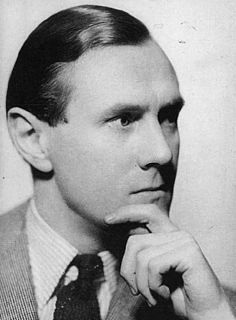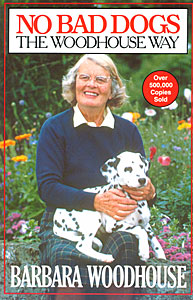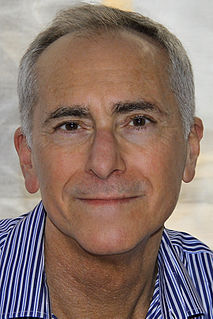A Quote by Graham Greene
With a novel, which takes perhaps years to write, the author is not the same man he was at the end of the book as he was at the beginning. It is not only that his characters have developed-he has developed with them, and this nearly always gives a sense of roughness to the work: a novel can seldom have the sense of perfection which you find in Chekhov's story, The Lady with the Dog.
Related Quotes
Before I begin a novel I have a strong sense of at least one central character and how the story begins, and a more vague sense of where things may wind up, but at some point, if the novel is any good at all, the story and characters take on lives of their own and take over the book, and the writer has to be open to that.
The process for writing a picture book is completely different from the process of writing a chapter book or novel. For one thing, most of my picture books rhyme. Also, when I write a picture book I'm always thinking about the role the pictures will play in the telling of the story. It can take me several months to write a picture book, but it takes me several years to write a novel.
But to be perfectly frank, this childish idea that the author of a novel has some special insight into the characters in the novel ... it's ridiculous. That novel was composed of scratches on a page, dear. The characters inhabiting it have no life outside of those scratches. What happened to them? They all ceased to exist the moment the novel ended.
What is the purpose for which Masonry exists? Its ultimate purpose is the perfection of humanity. Mankind it self is still in a period of youth. We are only now beginning to acquire a consciousness of the social aim of civilization, which is man's perfection. Such perfection can never end with physical perfection, which is only the means to the end or spiritual perfection.
When I was a kid, I'd go to the African-American section in the bookstore, and I'd try and find African-American people I hadn't read before. So in that sense the category was useful to me. But it's not useful to me as I write. I don't sit down to write an African-American zombie story or an African-American story about elevators. I'm writing a story about elevators which happens to talk about race in different ways. Or I'm writing a zombie novel which doesn't have that much to do with being black in America. That novel is really about survival.
The average detective story is probably no worse than the average novel, but you never see the average novel. It doesn't get published. The average -- or only slightly above average -- detective story does.... Whereas the good novel is not at all the same kind of book as the bad novel. It is about entirely different things. But the good detective story and the bad detective story are about exactly the same things, and they are about them in very much the same way.
You need eyes that tell the dog who watches them what you are feeling toward it, even though the message may be hidden from the outside world. Above all, you nee telepathy so that the dog thinks with you. These things are not always born in people. They can be developed as any sense or gift can be developed. That is, providing the person wishes to develop them is honest in mind, because with animals you cannot cheat.
I don't know how to write a novel in the world of cellphones. I don't know how to write a novel in the world of Google, in which all factual information is available to all characters. So I have to stand on my head to contrive a plot in which the characters lose their cellphone and are separated from technology.
I developed a mania for Fitzgerald - by the time I'd graduated from high school I'd read everything he'd written. I started with 'The Great Gatsby' and moved on to 'Tender Is the Night,' which just swept me away. Then I read 'This Side of Paradise,' his novel about Princeton - I literally slept with that book under my pillow for two years.







































